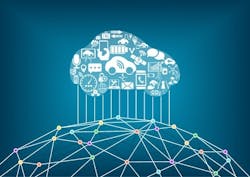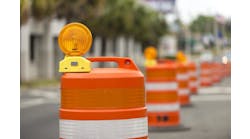At a Stanford University forum organized by the National Highway Traffic Safety Administration on Wednesday, a message from Chris Urmson, chief architect of Google’s seven-year-old autonomous car program, implored federal auto safety and standards regulators to set rules governing self-driving cars instead of state agencies that may not have the technological know-how to assess the rapidly evolving technology.
Google's Urmson told those gathered at the public meeting that his company has watched "15 states propose bespoke laws over the last 12 months, all of which have a different scope and different definitions. Vehicle safety standards are not the expertise of the states and expecting them to take on this role will only lead to inconsistent safety requirements. ... We would like NHTSA to be the expert authority for the nation on this issue."
Google cars have already logged more than a million miles testing in Kirkland, Wash., Phoenix, Austin and around its corporate headquarters in Mountain View, Calif.
The company's interest in having a federal agency take charge is set against the backdrop of draft legislation proposed by the California Department of Motor Vehicles that could potentially require all self-driving cars operating on public roads in the state be equipped with a steering wheel and pedals.
Self-driving car technology is maturing at a rapid pace, thanks to tech and auto companies alike pushing hard into the space. For the most part, what's being developed is an array of driver-assist technology that takes over for certain tasks. A case in point is Tesla's Autopilot features, which allow the electric car to stay in a lane or safely change lanes itself if the driver flicks the blinker.
But despite such progress, for autonomous cars to become a national phenomenon there has to be a cohesive set of rules and regulations governing the technology or else a self-driving car leaving one state could suddenly find itself banned in the next. Also yet to be discussed are the insurance issues that would govern accidents and injuries caused by self-driving cars.



